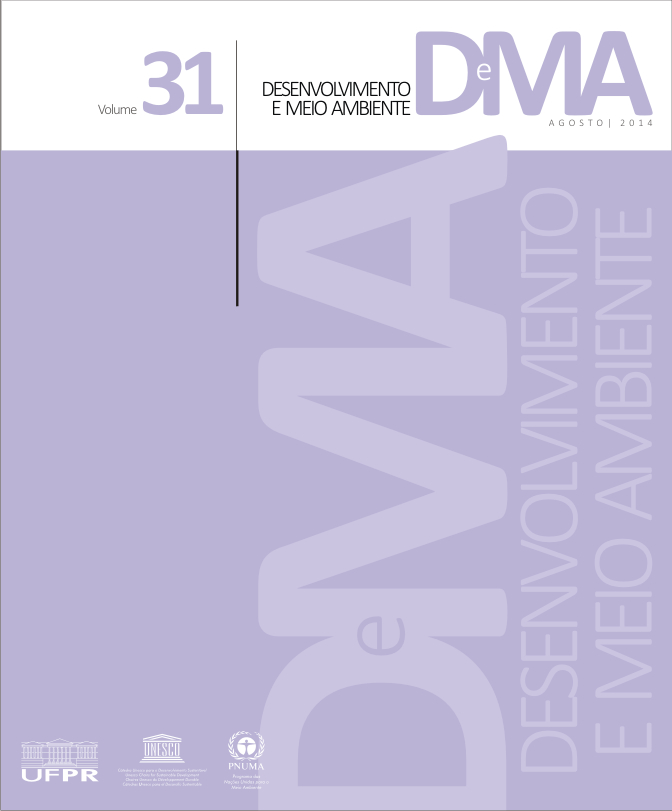The Future of Payments for Environmental Services in Brazil through the New Forest Code
DOI:
https://doi.org/10.5380/dma.v31i0.34896Keywords:
payments for environmental services, forest code, BrazilAbstract
This article analyzes the current status of Payments for Environmental Services (PES) programs in Brazil and discusses its future against the Law Project 792/2007 and its amendments in the Congress, and the new Forest Code (law 12.651/2012). This law, with amendments introduced by Law 12.727/2012, introduces several economic instruments by the “Program for Support and Incentive to Environmental Preservation and Restoration” ("Programa de Apoio e Incentivo à Preservação e Recuperação do Meio Ambiente") and the establishment of a market for environmental services, the “Mercado Brasileiro de Serviços Ambientais” (MBSA). The conclusion is that there is no intersection between economic instruments created by this new Law and that Law Project, where the PSA would be operated from the creation of a national fund, in comparison with the programs created by market forces or state and local laws. These initiatives complement each other to revert the depletion framework of Brazilian ecosystem services.
Downloads
Published
How to Cite
Issue
Section
License
Copyright on works published in this journal rests with the author, with first publication rights for the journal. The content of published works is the sole responsibility of the authors. DMA is an open access journal and has adopted the Creative Commons Attribution 4.0 Not Adapted (CC-BY) license since January 2023. Therefore, when published by this journal, articles are free to share (copy and redistribute the material in any medium or format for any purpose, even commercial) and adapt (remix, transform, and create from the material for any purpose, even commercial). You must give appropriate credit, provide a link to the license and indicate if changes have been made.
The contents published by DMA from v. 53, 2020 to v. 60, 2022 are protected by the Creative Commons Attribution-NonCommercial-NoDerivatives 4.0 International license.
DMA has been an open access journal since its creation, however, from v.1 of 2000 to v. 52 of 2019, the journal did not adopt a Creative Commons license and therefore the type of license is not indicated on the first page of the articles.




